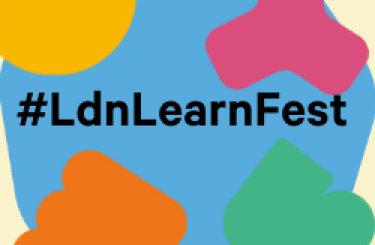Related


Through the London Community Response – an unprecedented funder collaboration - 67 funders came together, recognised that the pandemic was exacerbating pre-existing inequalities, and resolved to put equity and inclusion at the heart of the funding response.
Over the course of the year, thanks to the support of equity partners (Ubele, Women’s Resource Centre, Inclusion London and LGBT+ Consortium), funders in the partnership were able to design criteria and processes that enabled groups led by discriminated-against people to access funding, and ensured they were supported and enabled to get access to the resources they need.
To learn from what worked (and what didn’t) London Funders commissioned The Social Investment Consultancy as an independent learning partner to analyse the approach taken to equity and inclusion. As part of the Festival of Learning, the report has been launched today.
The report finds that over £28million was distributed by the partners to groups led by and for people most impacted by covid-19 – with a peak of 86.4% of the grants (in wave four) going to groups led by Black Asian and Minority Ethnic communities, Deaf and Disabled people, LGBT+ communities and/or women.
Reflecting on how these figures were achieved, Yvonne Field from Ubele commented that:
Our work with London Funders is definitely best practice. Not only are we part of the discussion about collecting equalities data with the funder, we are also involved in interrogating and interpreting the data, so it informs decision-making.
London Funders are keen, through this report, to capture the learning to inform and change funding practice into the future, so that structural inequality can be tackled through the work of funders across sectors in London and beyond.
The report highlights a number of features of the work of the London Community Response which could enable more effective grant-making in the future, including:
The report also highlights the opportunity to do more work to strengthen approaches to intersectionality, to better understand communities and how power is held and exercised, to further strengthen the infrastructure and support to groups (including through equity partners), and to move towards unrestricted funding awarded through simplified and trusting processes.
The full publication is available to download here.

